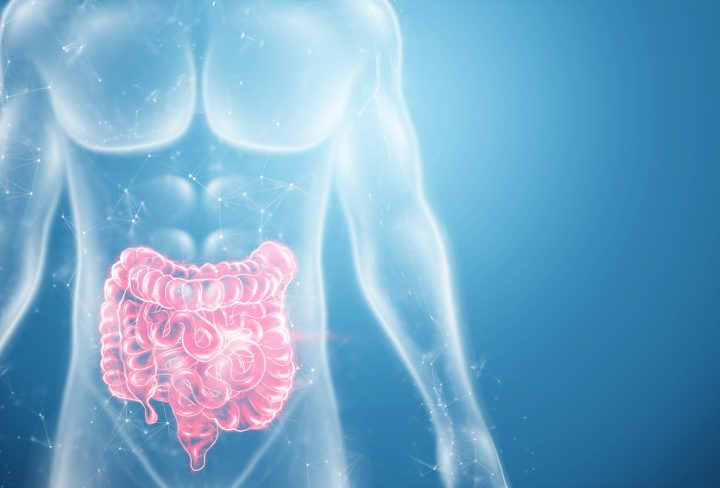A medical condition that affects the digestive system.
It is a condition where small, bulging pouches (diverticula) develop in the lining of the digestive tract, usually in the large intestine. When these pouches become inflamed or infected, it leads to diverticulitis.
Symptoms of Diverticulitis
- Abdominal pain (usually on the left side)
- Nausea and vomiting
- Constipation or diarrhea
- Fever and chills
- Bloating and gas
- Loss of appetite
Causes of Diverticulitis
The exact cause of diverticulitis is not known.
- A low-fiber diet
- Lack of physical activity
- Age (>50 years)
- Genetics
- Chronic constipation
- Obesity
Diagnosis of Diverticulitis
- Physical examination
- Blood tests to check for infection
- A stool sample to rule out other causes of abdominal pain
- CT scan or MRI to look for signs of inflammation or infection in the digestive tract
Treatment of Diverticulitis
• Antibiotics (to treat the infection)
• Pain medication (to relieve the pain)
• A low-fiber or liquid diet (to rest the digestive system)
• Surgery (in severe cases)
Treatment usually involves a combination of medication and lifestyle changes.
Preventive Tips to Deal with Diverticulitis
- Eating a high-fiber diet
- Drinking plenty of water
- Exercising regularly
- Maintaining a healthy weight
- Quitting smoking
Myth and Facts on Diverticulitis
Myth: Diverticulitis is caused by stress.
Fact: Stress can worsen the symptoms of diverticulitis, but it is not the cause.
Myth: Once you have diverticulitis, you will always have it.
Fact: With proper treatment and lifestyle changes, most people can recover from diverticulitis and prevent future episodes.
Diverticulitis: FAQs
Can diverticulitis be cured?
Yes, with proper treatment and lifestyle changes, most people can recover from diverticulitis and prevent future episodes.
Diverticulitis: FAQs
Can I exercise during a diverticulitis flare-up?
It is best to rest and avoid strenuous exercise during a flare-up. Once the symptoms have subsided, you can slowly resume your exercise routine.


